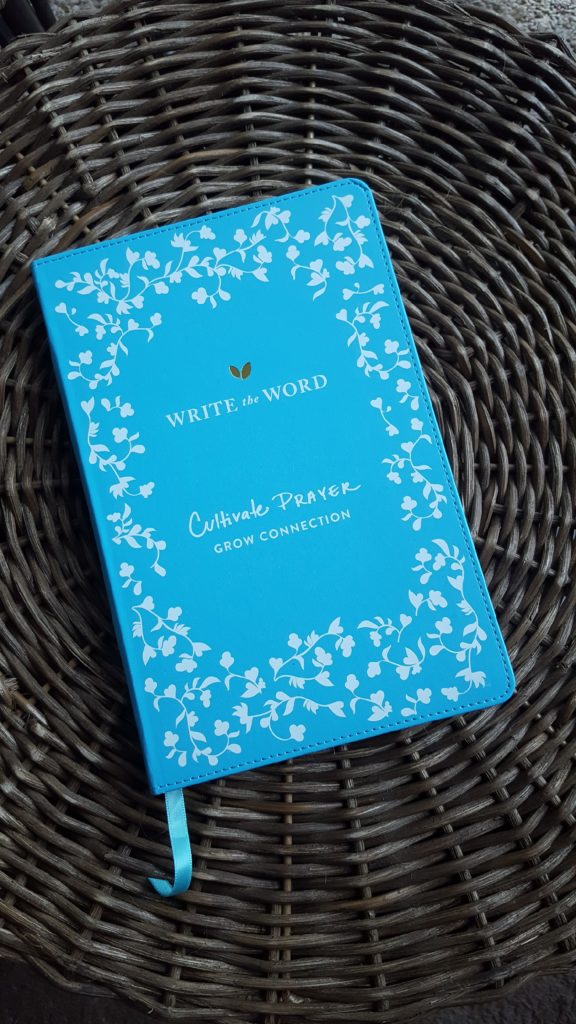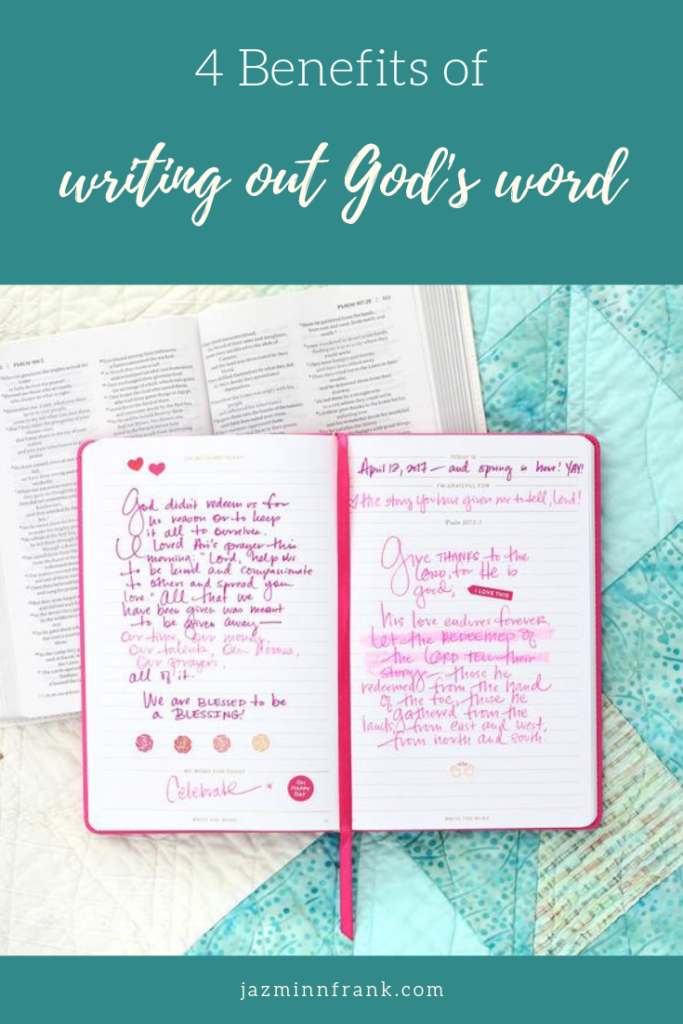**Some of the links below are affiliate links*, meaning, at no additional cost to you, I will earn a commission if you click through and make a purchase. Read my full disclosure here.**
I’m always ready to try something new when it comes to studying the Bible and spending time in God’s Word. It’s a piece of me I’ve just recently discovered–this love for experimenting and trying new things.
For so many year I believed that there was one way to read the Bible–with a reading guide that took you through the entire Bible in a year and had you reading three chapters a day. That was it.
But God in his goodness and grace has been awakening my heart to the truth that there is more than one way to encounter him.
A few years back as this journey was just getting underway, I stumbled across a company called Cultivate What Matters*. They created the Powersheets Goal Planner* (a fantastic goal-setting tool that has freed up my heart to pursue what really matters to me. You can read all about that here). They also have a line of journals called Write the Word*.

These journals are beautiful hardback notebooks with Scripture references all focused around a particular topic. Space is included to write out the passage referenced and then journal your thoughts about that passage.
Ever excited to try something new, I got the one on the topic of Hope and happily dug in. Since then, I’ve worked through Renewal, and I’m currently working through the one on Prayer. I’ve also given several away as gifts because I think they are just so gosh darn cool.
More than the journal itself, though, the practice of writing out Scripture is one that I’ve found to be super helpful in growing my faith and understanding of Scripture.

Benefits of writing God’s word
Writing God’s Word helps you slow down. I don’t know if you’ve ever experienced this, but sometimes when I’m doing my Bible reading in the morning, I read a little faster than I should. This usually happens when I start reading with the intent of completing a task rather than entering into conversation with the Lord. Taking the time to write out a verse or short passage makes me pay attention to the words as I write them. It slows me down and I’m more likely to remember what I’ve read when I walk away from my devoted time.
Writing God’s Word helps you think deep. When we’re able to slow our pace with Scripture, we’re able to think deeper. We’re not rushing to complete something, instead, we’re allowing ourselves to sink deeper into what the passage or verse is saying. Another word for this is to meditate. When you meditate on Scripture, you think deep and long about it. You allow the words to roll around in your mind as you ponder what they mean, make connections, and listen to what God wants to say through those words. Writing God’s Word allows you to not only take extra time to think about a passage, but it also pairs that thinking with action–writing–that can help keep your mind from wandering.
Writing God’s Word helps you memorize. Do you remember in Sunday school or even in school-school having to memorize something? There were so many ways to do it. Recitation. Repetition. For me, if I needed to memorize something I used a combination of writing out whatever it was I needed to memorize, and speaking it out loud over and over again. Memorizing verses in the Bible works the same way. When you write it, speak it, and hear it, the words become ingrained in your heart, always ready to pop up to the surface when you need a reminder of truth.
Writing God’s Word allows you to make it your own. This one may sound a little odd but hang with me. The goal of Scripture it to get it inside us, let it change us, and let it serve as a catalyst to deeper relationship with God. Part of the way we internalize Scripture is by making it our own. This goes beyond simply memorizing to application. That’s one of the reasons I like the Write the Word Journals so much is because there is space to not only write the passage, but also journal about it. I can write down my thoughts about the verses, take a moment to ask God what he wants me to know from this passage, or even take the words I’ve just written and create some sort of visual to remember it. I can make that passage my own in this way.
The practice of writing God’s Word is a creative way to slow down, memorize, meditate, and make a particular passage your own. It’s another way to connect with God outside of the traditional Bible reading plan. You don’t need any fancy tools to do it–a simple notebook and your Bible works just fine. But if you’re wanting to take a more topical approach to writing God’s Word or if you just want a resource that will guide you and get you started, you can’t go wrong with a Write the Word Journal.
Related: The Most Important Minutes of Your Day
Live in his love!

Looking for some help to study the Bible for yourself? You can access my free library of bible studies and other helpful resources here. Or sign up for my weekly email devotional.

